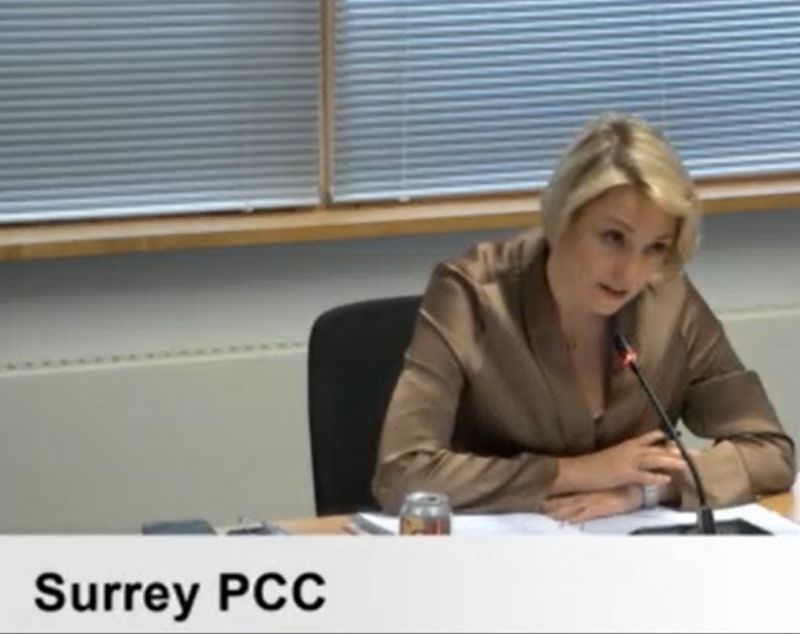Eviction Notice: Got one? Need one?
Epsom based solicitor Daniel Bolster advises landlords and tenants alike. In this sponsored article he sets out the basis of the law for both landlords and tenants.
Sending out or receiving an eviction notice is unfortunately something that a considerable number of landlords and tenants will experience. It may be that a landlord requires vacant possession of their property to sell it, or that tenants require a notice to show their local authority in order to seek assistance to find a new home.
What is an eviction notice?

One of the most common notices is a section 21 notice. This is commonly known as a “no fault eviction notice” and basically means that a landlord does not need to give a reason for seeking vacant possession of their property. These types of cases can potentially be dealt with by the court on paper (without a hearing being necessary). However, there are a number of technical defences that tenants can bring to invalidate a section 21 notice. If the court deems that there is a point to be answered, then there will be a hearing. It can be useful for landlords to contact a solicitor before issuing a section 21 notice, in order to take advice on whether the section 21 notice is likely to be valid. Equally, a tenant can take advice from a solicitor as to whether any technical defences may be available, such as:
Prescribed information issues – such as the existence of an energy performance certificate
Deposit protection issues
Tenant Fees Act issues
Notice from the Local Authority
House in multiple occupation licence and selective licence issues
Aren’t all eviction notices the same?
In short, no. Another common notice is a Section 8 notice. This is normally used by a landlord when they allege that a tenant has breached the term of their tenancy agreement. This could be as a result of failing to pay the rent, anti-social behaviour such as causing a nuisance or annoyance or breaching another term of the tenancy agreement. After serving the notice and waiting the correct amount of time for the notice to elapse, the landlord will be in a legal position to issue a claim seeking possession of the property. There will then be a hearing and both parties should attend this hearing. It may be in both parties’ interests to be legally represented at such a hearing.
What about a possession order?
Some grounds for possession are mandatory, meaning that if the ground is proven at the hearing, then the court will have to give a possession order. However, other grounds are discretionary, which means that the court will have various options with regards to orders that it can make. It can be useful for both landlords and tenants to take advice on this before either issuing proceedings or defending proceedings.
If you are dealing with any of the issues above, our dispute team can help. Contact us on
020 8944 5290 for more information, or email Daniel.Bolster@peacock-law.co.uk.
Peacock & Co Solicitors, Park Place House, 24 Church Street, Epsom KT17 4QB. peacock-law.co.uk



















